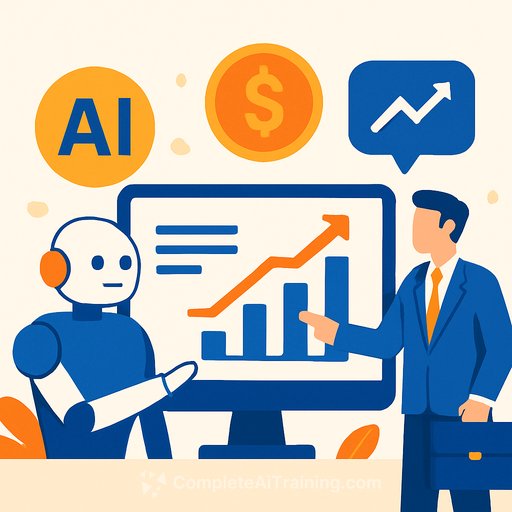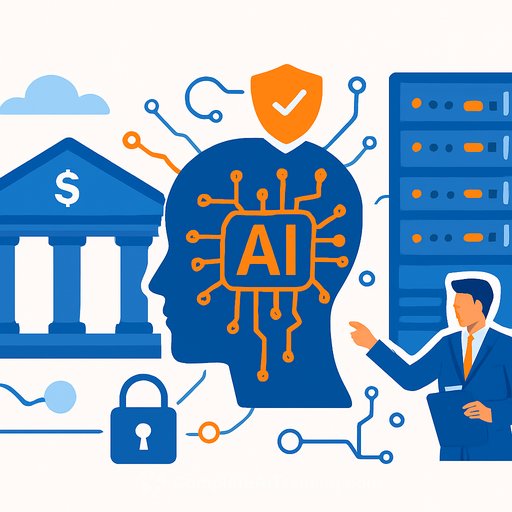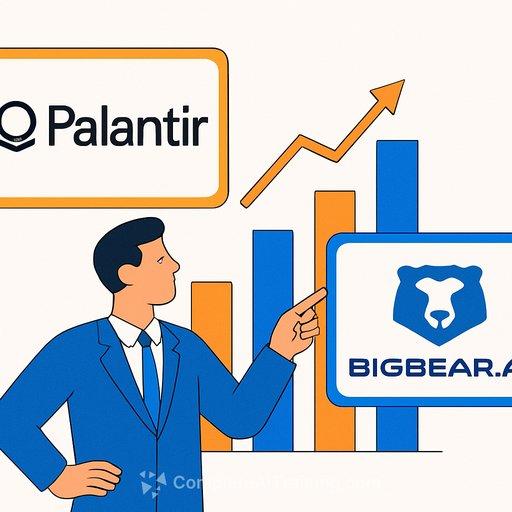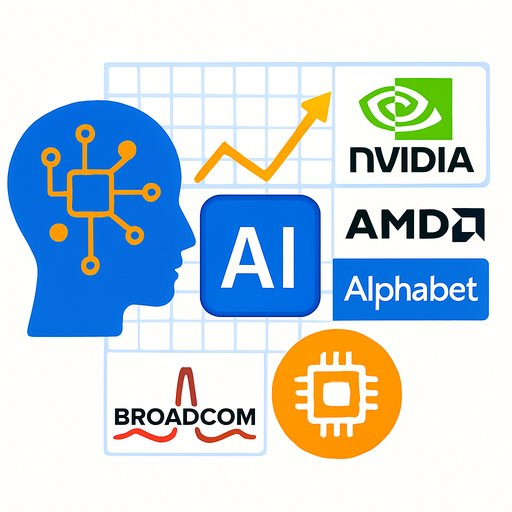Autonomous Finance Set to Transform Corporate Finance by 2028
Corporate finance teams in the U.S. are on the brink of a major shift. Eric Glyman, CEO of Ramp, predicts that within three years, many finance departments will operate alongside autonomous AI agents handling tasks from procurement to expense management. These AI agents will be supervised by specialized “AI agent managers,” changing the way CFOs and their teams work.
Glyman emphasizes this change is not about replacing human workers but redeploying them to focus on higher-value activities that require human judgment.
Ramp’s Role in the Autonomous Finance Movement
Ramp, a New York-based startup, offers an expense management platform that helps businesses control spending and streamline financial operations. Recently, the company announced a $500 million funding round, valuing it at $22.5 billion. This follows their launch of AI agents designed to automate finance tasks.
Ramp’s CFO, Will Petrie, highlighted the company’s strong financial position and growing business as key factors that will enable them to lead as AI reshapes finance.
Ramp has raised a total of $1.9 billion in equity and began generating cash flow earlier this year. Just weeks before this latest round, they raised $200 million in another funding event, signaling strong investor confidence.
How AI Agents Will Change Finance Teams
Glyman envisions finance teams supported by a fleet of AI agents, each specialized in different functions:
- Expense agents that can approve over 99% of transactions without human input
- Treasury agents focused on optimizing cash flow
- FP&A agents running real-time financial forecasts
As these AI agents take on routine tasks, junior analysts will evolve into “agent coaches,” guiding AI performance. Senior leaders will have more time to concentrate on fewer, higher-impact decisions.
Ramp recently introduced AI agents for controllers to automatically enforce company expense policies, prevent unauthorized spending, and detect fraud. This is the first in a series of AI tools the company plans to release this year.
Industry Trends and Expert Recommendations
The rise of AI agents in enterprise software is gaining momentum. Gartner predicts that by 2028, 33% of enterprise applications will incorporate agentic AI, up from less than 1% in 2024. They also expect at least 15% of routine work decisions to be made autonomously by AI.
According to Gartner analysts, AI agents represent a new way for systems to interact with users and their environment. They advise companies to start experimenting with single AI agents before scaling up to complex multiagent systems. Measuring the impact of AI investments on productivity and decision quality is crucial.
Gartner cautions against adopting agentic AI simply because it’s trendy, recommending a measured approach focused on clear business outcomes.
Preparing Finance Teams for the AI Future
Finance professionals should begin exploring how AI agents can fit into their workflows. Understanding how to manage and collaborate with AI will become an essential skill. For those interested in gaining practical AI skills relevant to finance, exploring specialized courses can provide a valuable advantage.
Learn more about AI applications in finance and related training opportunities at Complete AI Training.
Your membership also unlocks:






